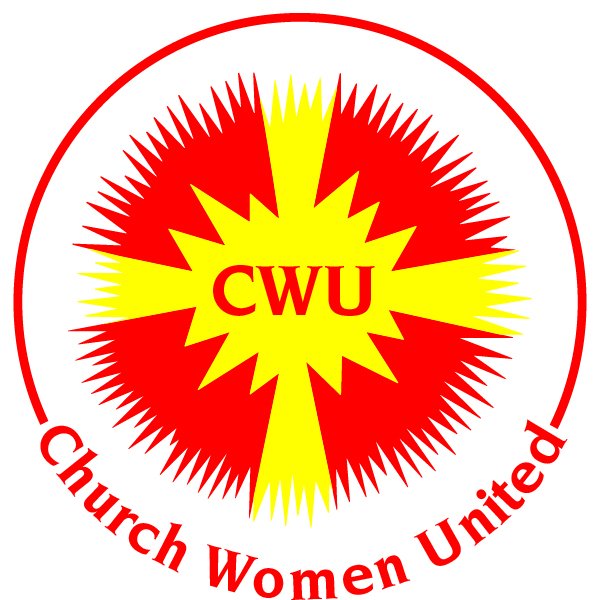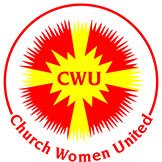Social Justice
Priority #3: Social Justice
God’s Word: “In the temple courts (Jesus) found people selling cattle, sheep, and doves and others sitting at tables exchanging money. So he made a whip out of cords, and drove all from the temple courts, both sheep and cattle; he scattered the coins of the money changers and overturned their tables. To those who sold doves he said, ‘Get these out of here! Stop turning my Father’s house into a market.” His disciples remembered that it is written, ‘Zeal for your house will consume me.’” John 2: 14-17
Often times this verse is interpreted as if Jesus abhors money or trade as evil in and of itself. However, study about what kinds of activity were occurring makes it clear that Jesus was upset not about business – but business practices that oppressed the already poor and marginalized.
Jesus was overturning tables in the Temple because the practices themselves were part of a system which created a direct link between the religious/power system of the day with a social system which oppressed the most vulnerable. Church Women United realize that for the Church to be (and represent) the House of God – it must not collude with social systems which create and protect injustice. Rather, all social oppressive systems must be “flipped” in order for the real work of Kin-dom building to occur.
Focus: Racial Justice, with the heightened more publicized realities of racial injustice all over our TV, computer, and phone screens, it is impossible to talk about social justice without prioritizing racial justice. Church Women United cannot “be about” social justice without doing specific work to create racial justice both inside and outside our organization and the Church.
Actions Addressing Individual Racism: individual racism is the racism that lives within an individual’s beliefs, values, and actions. We as Church Women United should read materials written about People of different racial and ethnic groups. Many racial prejudices and stereotypes stem from not learning “about” other people groups through first-hand knowledge or the history behind phrases and actions :
Units can read, share, and discuss materials written by the very people you are trying to learn about – it decreases the chances you will attribute myths or lies that hide in stereotypes and prejudices.
Units can hold events and programs featuring a specific people group in their communities, outside their communities or of members of their unit that are part of a specific lineage ethnic group to learn about groups lineage, history , culture and challenges facing them as a member of that group as Americans so as to increase knowledge of that people group. A member within your unit, no matter their lineage ethnic or heritage may want to volunteer and talk about their heritage as part of your meeting or may want to have a heritage cultural event to highlight , celebrate members who want to share about heritage. You could even invite nom members to participate and attend.
Develop a task force to create an action plan for your area/group to rewrite the bylaws of your company/church/social justice group (including our own Church Women United) so that it can become an anti-racist organization. Do a racial equity audit of your job, church, denomination, political leadership, school board, banking institutions, etc. Determine which changes could make the difference in multiple institutions (i.e., changes to a local school board makes changes to school funding makes changes to school success makes changes to college admissions makes o changes to job market).
Actions Addressing Systemic Racism: Systemic racism includes the racism that moves from institution to institution and influences each institution as it does. o Units can read and share The New Jim Crow, The Color of Law, Lynching Lynchism or watch the documentary 13 th to learn about how systemic racism exists within the legal system. Hold a discussion group within the unit and consider inviting the community and a guest speaker to address the material and be a part of the discussion.
Alexander, Michelle, The New Jim Crow: Mass Incarceration in the Age of Color Blindness, The New Press, ©2010. Rothstein, Richard, The Color of Law: A Forgotten History of How Our Government Segregated America, Liveright, ©2018. Street, Terri L, Lynching Lynchism: It’s Time to Heal and What We Must Do, Independently Published, ©2021.
Read and share articles written especially by academics, activist, advocacy groups and others in which they discuss racism and discuss how higher education and tenure systems have racial discrimination built into the policies and procedures. Some have drafted legislation, written policy papers and suggested ways to promote them; and, take actions that may prompt your unit to partner with them.

